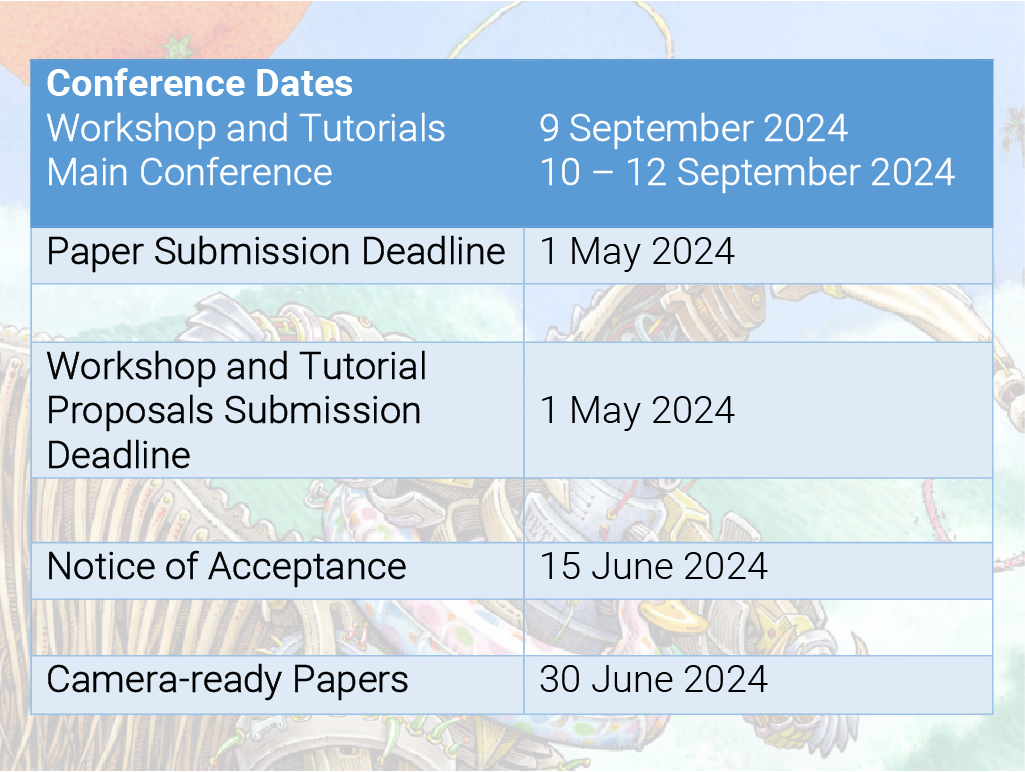17th International Conference on the Simulation of Adaptive Behavior (SAB 2024)
9-12 September, 2024 at the University of California, Irvine. USA organized by the Center of Cognitive Neuroscience and Engineering, ISAB and Science of Intelligence.

Objective
The objective of this interdisciplinary conference is to bring together researchers in computer science, artificial intelligence, artificial life, control, robotics, neurosciences, ethology, evolutionary biology and related fields in order to further our understanding of the behaviors and underlying mechanisms that allow natural and artificial animals to adapt and survive in uncertain environments.
The conference will focus on models of adaptive behavior and its underlying mechanisms, and on experiments grounded on well-defined models including robot, computer simulation and mathematical models designed to help characterize and compare various principles or architectures underlying adaptive behavior in real animals and in synthetic agents, the “animats”.







